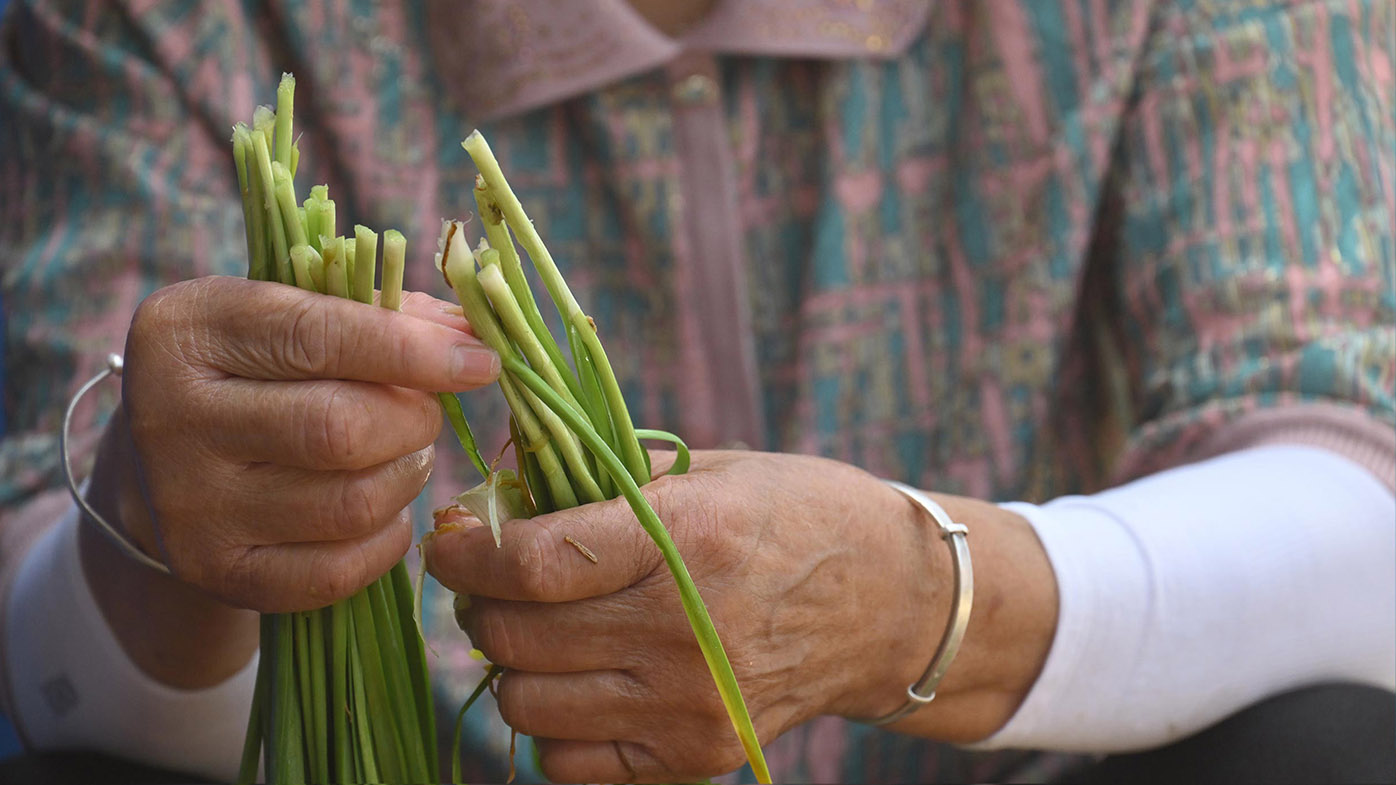Our impact
At Bristol Myers Squibb, we work to transform patients’ lives through science. Our passion goes beyond discovering, developing and delivering innovative medicines. Through our Environmental, social and governance (ESG) strategy, we seek to positively impact the communities where we live, work and serve around the world.

Building a brighter future
As global citizens, we work sustainably and responsibly to create a positive impact in the communities where we live and work. We recognize our impact goes beyond the discovery, development and delivery of innovative medicines and includes creating a high-performing, inclusive culture, protecting our environment, operating with effective governance and a sustainable supply chain.

2023 ESG report
Our 2023 environmental, social, and governance (ESG) report details our ESG goals, strategies, and progress and, equally important, our approach to working with a common purpose.
We continue the quest to increase access to medicines for those in need through research and development, our partnership with patients, advocacy groups, healthcare providers, industry, governments and NGOs, and our focus on healthcare infrastructure, product quality and safety.
Our industry changes quickly. Health care policy and bioethics are always evolving and we are evolving with them. See where we stand.
